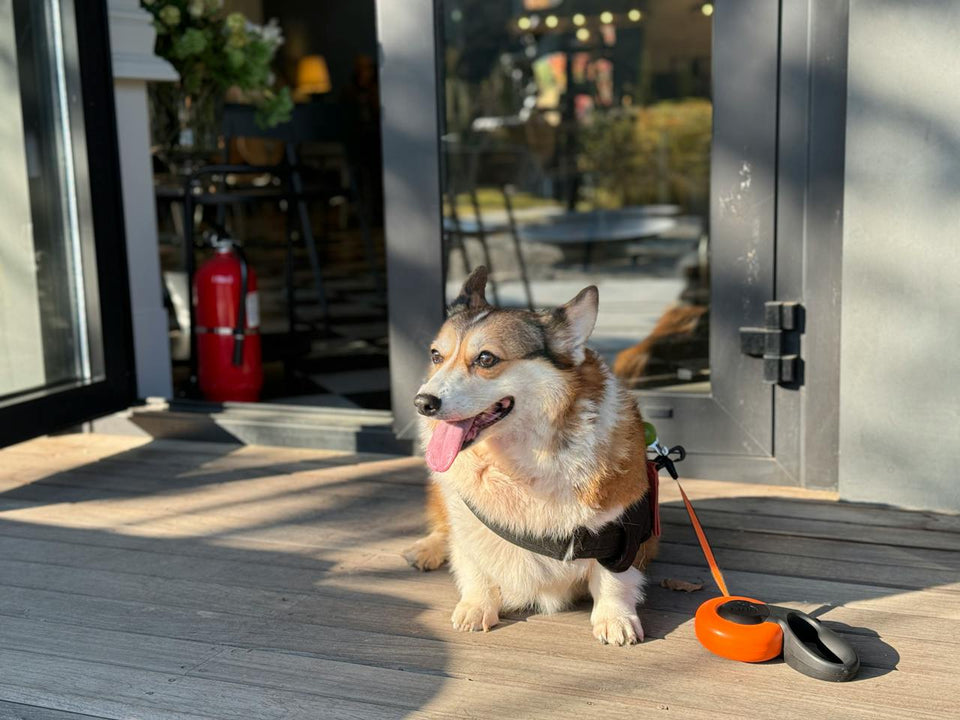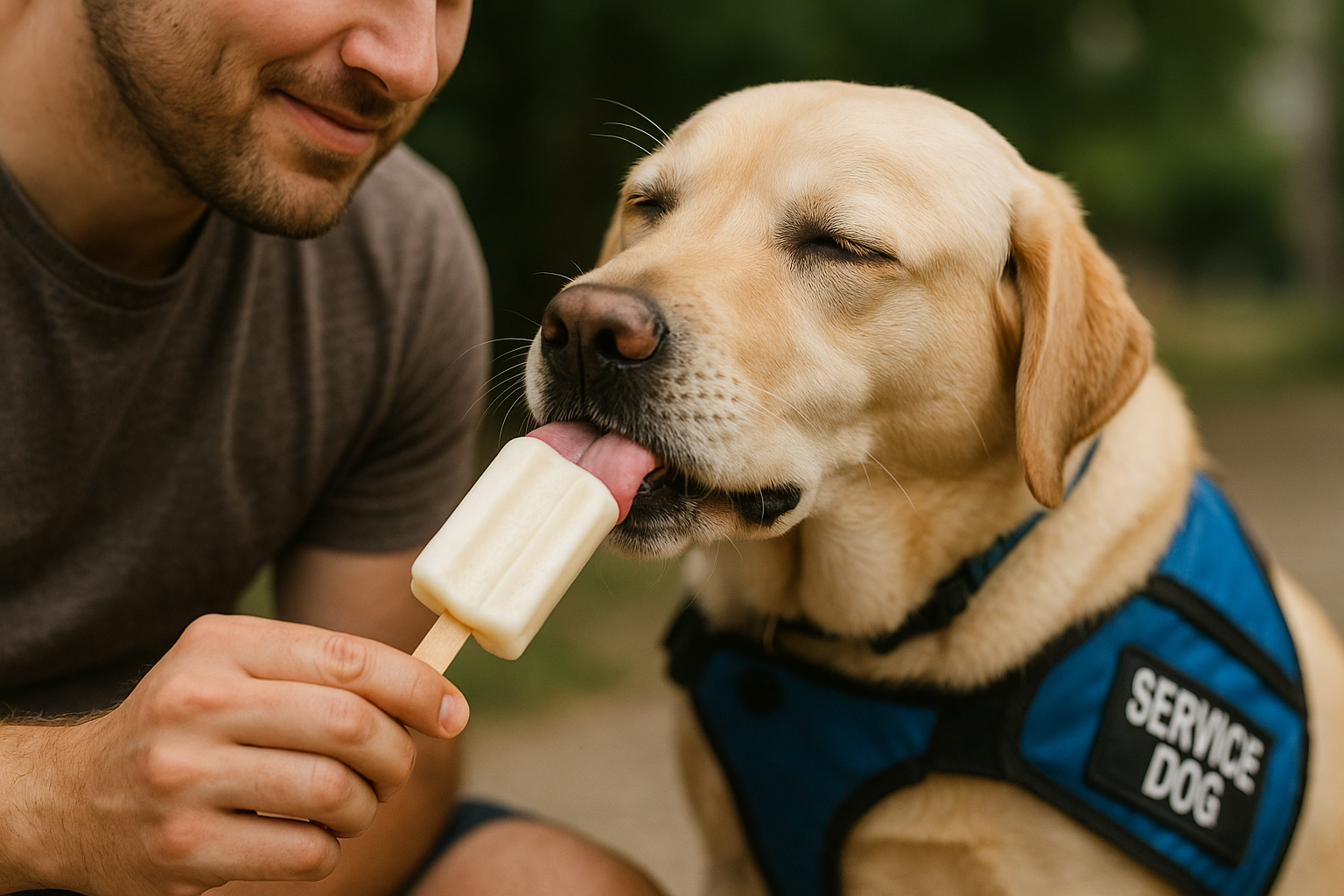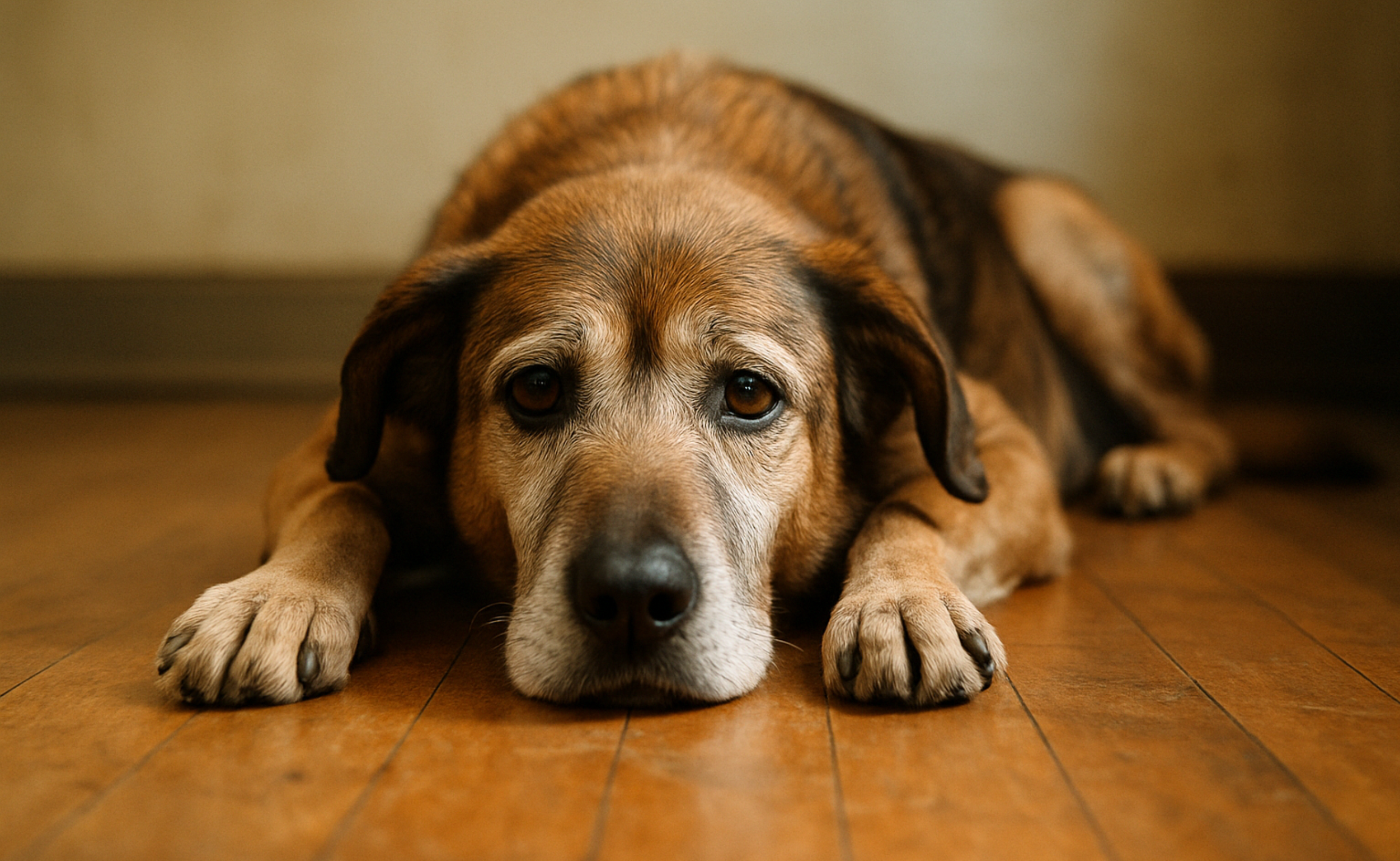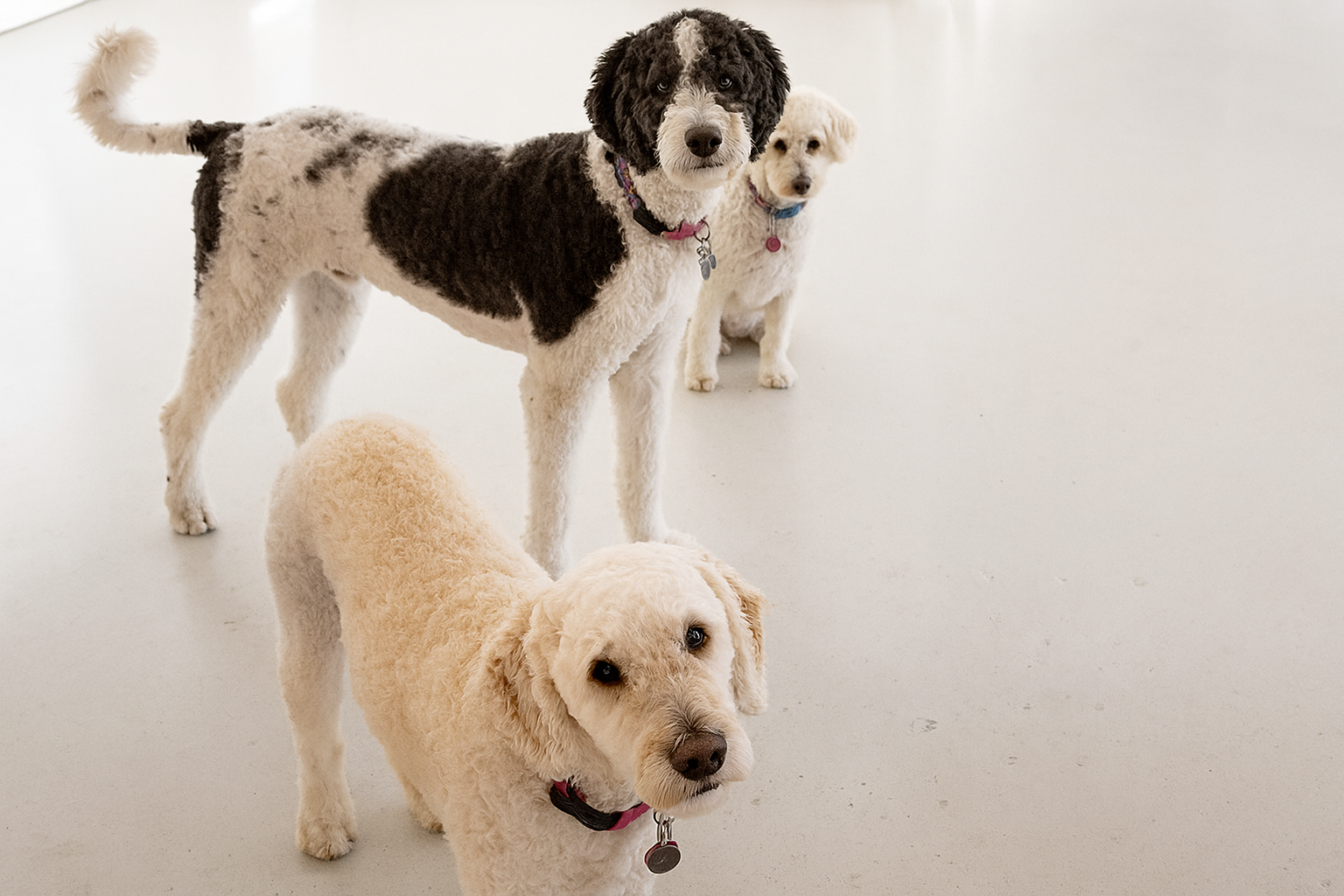Why Dogs Might Carry an Odor After Coming Inside

Have you ever noticed a distinct odor when your dog comes inside from playing or exploring outdoors? This is a common experience for many dog owners like you. Understanding the reasons behind this can be important for your dog's health and comfort.
Dogs carry various odors based on their activities and environment. These odors can range from the natural scent of their coat to more pungent smells acquired outside. Factors like diet, grooming habits, and health conditions can contribute to these odors.
It's essential to know the different sources of these smells. This knowledge helps in effectively managing and preventing them. Being informed is crucial, whether it's a simple wet dog smell or something indicating a health issue.
Keep reading to learn why dogs might carry an odor after coming inside. You will find practical tips and insights to help keep your furry friend smelling fresh. This information is not just useful. It is essential for maintaining a healthy and happy pet.
Natural Dog Odors
Dogs have natural scent glands. These glands play a key role in how they communicate. Outdoor activities can intensify these natural odors. Different breeds have varying natural odors. It is important to know the difference between natural and problematic odors.
Outdoor Elements and Odors
Many outdoor factors can contribute to dog odors. The weather can affect how dogs smell. Environments like parks or water bodies have their own impacts.
Dogs often interact with other animals or organic materials outside. Pet owners can take steps to minimize exposure to strong odors by keeping a close eye on their dogs.
Wet Dog Smell
The 'wet dog smell' has a scientific basis. Bacteria and yeast on the dog's skin contribute to this odor. It is crucial to dry dogs thoroughly after they get wet. There are ways to manage this smell in the home. Several products can help reduce wet dog odors.
Skin Infections and Odors
Bad odors can indicate skin infections. There are various types of skin infections in dogs. Certain smells can signal a skin problem, so seeking veterinary advice is essential for these issues. Preventative care can help avoid skin infections.
Related: Exploring Why Dogs Choose to Sleep Under Beds
Ear Infections
Ear infections can cause unpleasant smells. Symptoms of these infections are often noticeable. Regular ear cleaning helps prevent these infections. Various treatments are available. The breed and ear shape can affect a dog's ear health.
Dental Health and Bad Breath

Dental health directly impacts a dog's breath. Bad breath often points to dental issues. Regular dental check-ups and cleanings are essential for pet health. There are home care tips for maintaining dental health. Various products assist in dental care for dogs.
Anal Glands Issues
Dogs have anal glands that serve specific functions. Problems with these glands can cause foul odors. It's important to recognize signs of anal gland issues. There are treatments and preventive measures. Veterinary assistance is sometimes necessary for these problems.
Related: How to Show Your Dog Love 101
Diet-Related Odors
Diet significantly influences a dog's body odor. Food sensitivities or allergies can change how a dog smells. Balanced nutrition plays a key role in controlling odor. Certain diets are recommended to reduce odors. Consulting a vet is crucial before making dietary changes.
Love your dog but not the way the way that they smell? Change that by using our Marlie Mist Pet Odor Eliminator Spray!
Poor Grooming Habits
Inadequate grooming leads to unpleasant dog odors. Regular grooming is essential for odor control. Various tools and products are available for effective grooming. The grooming frequency depends on the dog's breed and lifestyle. Professional grooming services offer additional benefits.
Related: Why Do Dogs Like to Curl Up?
Allergies and Skin Conditions
Allergies can cause skin conditions and odors in dogs. Dogs encounter many allergens. Symptoms of allergic reactions vary. Treatments and allergy management are important. Regular vet check-ups help manage allergies effectively.
Parasites and External Factors
Parasites are a common source of dog odors. Signs of parasitic infestation are often visible. Preventing and treating common parasites is important. Regular parasite control is necessary. Environmental factors also contribute to parasite risks.
Related: Why Does Your Dog Love Walking Between Your Legs?
Seasonal Changes and Their Impact
Different seasons affect dog odors in various ways. Seasonal skin and coat care is important. Grooming routines should adjust with seasonal changes. Seasonal allergies need attention. Keeping the home odor-free during different seasons is challenging if you do not have a regular bathing schedule.
Share this article
written by


